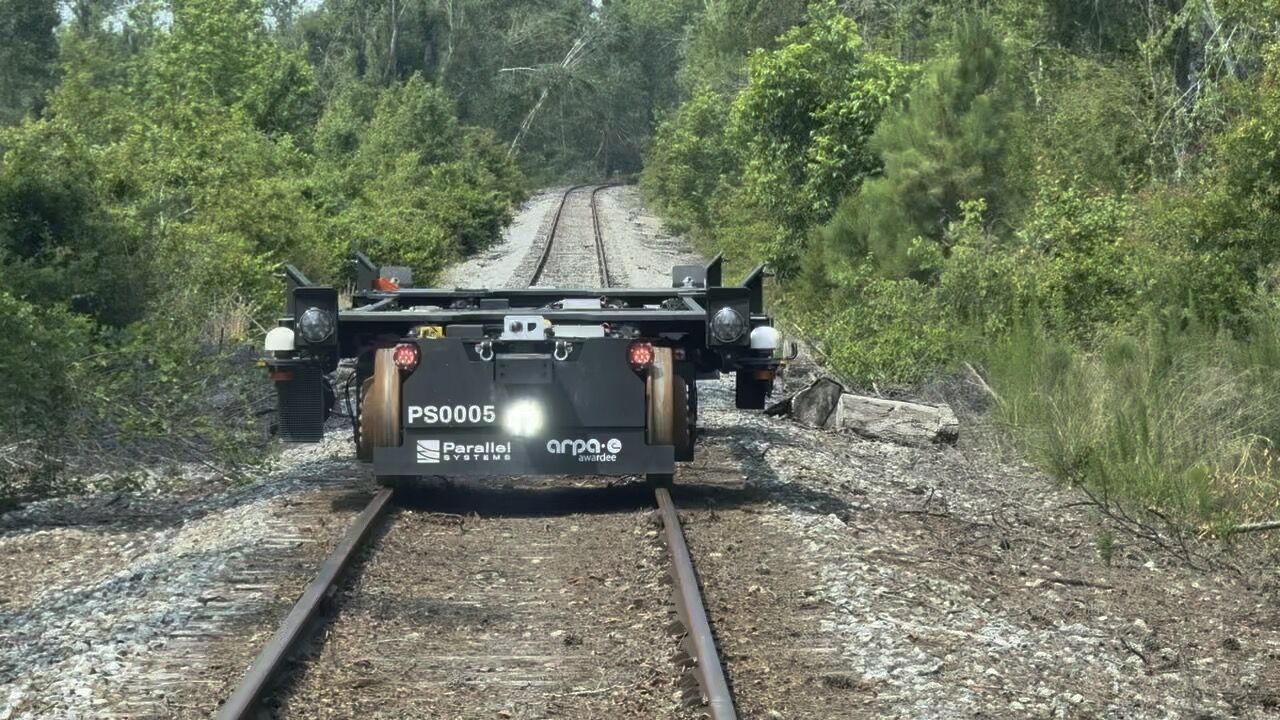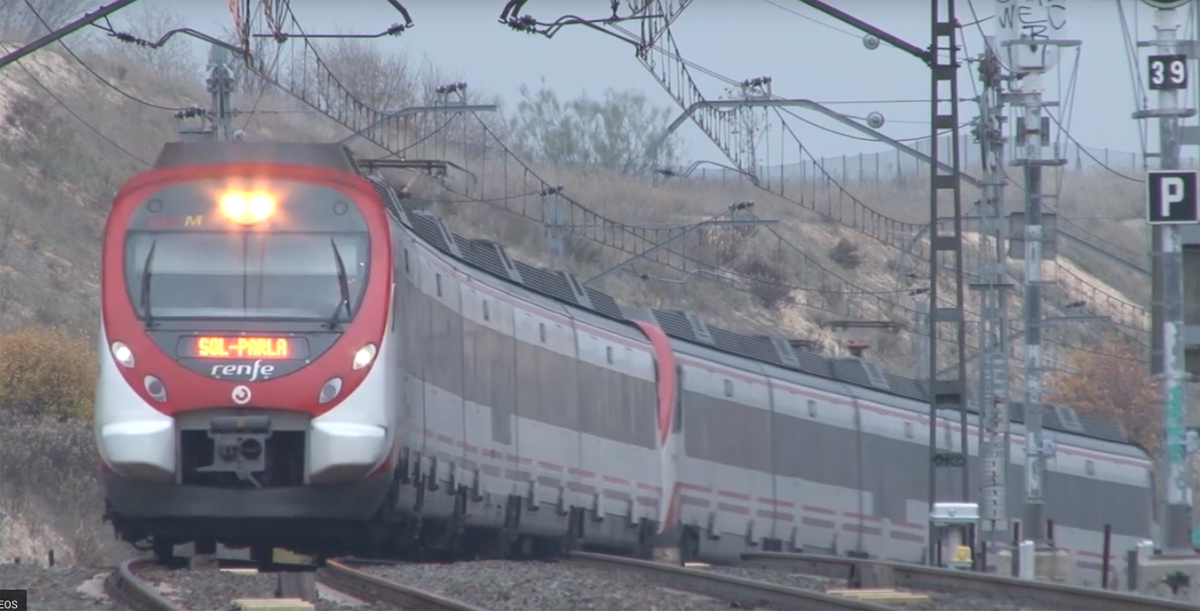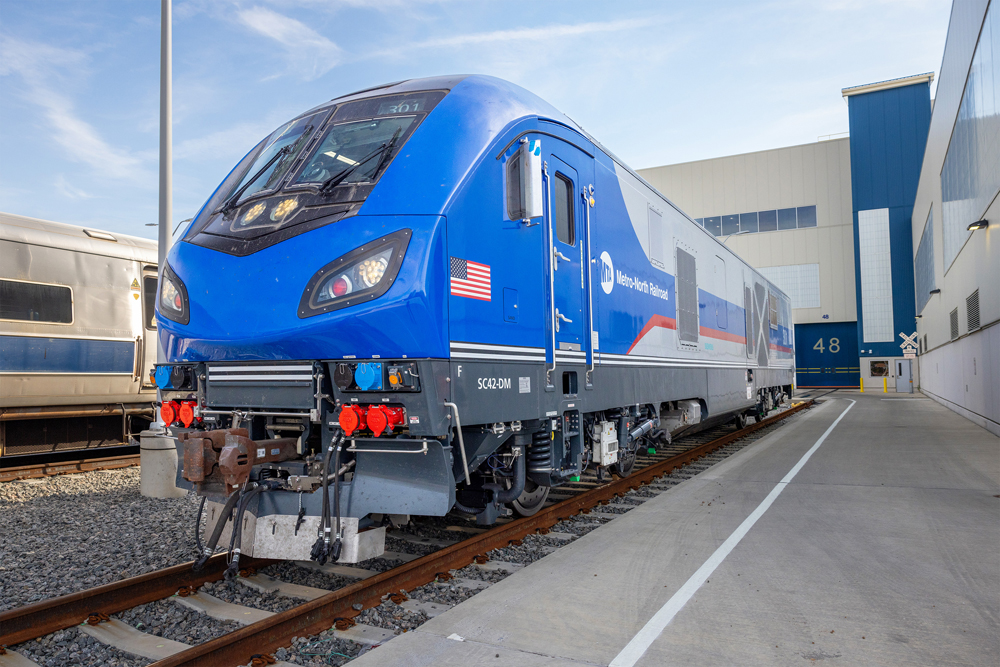Norman Carlson, the chairman of Metra’s board, says that if transportation agencies like his are to be viable, it is not only necessary but proper to encourage more public-private partnerships to leverage the benefit that public transportation brings to business and economic development.
Revenue for public transportation operations and maintenance has declined significantly because the sales-tax-based funding model has changed from a bricks-and-mortar/manufacturing economy to an online and service-based economy, at least in Illinois, he says.
“My concern is that the public model (of funding transportation) is failing,” Carlson says. “Because of the demands on governments, they simply do not have the money due to the costs of social programs. So the role of the private sector is becoming more and more important.”
Carlson’s comments came Thursday at a meeting of the Northwestern University Transportation Center’s Sandhouse Rail Group.
Metra and other agencies will have to be creative and seek these partnerships, Carlson says. He pointed to the early success that Metra has had with bringing “reverse commuters” from Chicago to north suburban Lake County.
The two-year pilot project is being funded by a public-private partnership between Metra and an economic development corporation affiliated with Lake County businesses and governments, including pharmaceutical giant AbbVie.
AbbVie has plans for hire 750 employees a year for five years, a $100 million payroll investment, Carlson says. By comparison, AbbVie’s contribution toward transporting these workers is a fraction of that amount.
“The value we create on a daily basis, to provide access for the people to get to work, is something we need we need to start measuring,” Carlson says.















The obvious candidates to provide increased CTA funding are the fine people of Glenview and Lake Forest.
Boy, reading the comments in here one would get the impression that the only cost that goes up is labor. I guess the price of ties, ballast, rail, and signal equipment must never go up huh?
And Brett, your comment about all Metra trains having 3-4 conductors is a bit skewed. Yes the trains do have a conductor and brakeman back there, but the 3rd (and yes possibly 4th on some select very heavy trains) guy is a swingman who will work multiple runs during the course of a day, particularly rush hour, and is not married to one specific crew the whole day. On my first train i have a Conductor and Brakeman only back there, and on my first inbound run I pick up a swingman in the last 15 miles who has already worked different trains. And there are plenty of trains non rush where I run that have two guys in the back and not 3-4 as you say.
Second. The fare structure on CTA seems to be one price whether you go one stop or 10 stops, or jump between lines. Metra has fare zones. So if you go to one guy in the cab and no one in the back, how do you keep a guy from getting a ticket for the first zone and then he rides to the end of the line. Who is going to know, the engineer in the cab? Unless of course you go to a system like BART where you buy a ticket based on where you want to go and then if you go farther than what you paid for you have to pony up and add more to the ticket in order to get through the turnstile. But I seem to remember years back when the Metra Electric Line had turnstiles and the people screamed so much that they were removed.
Public Transportation’s two biggest problems are its inability to effectively control costs and raise revenues (either through fares or taxes) to reflect increased costs. Both are usually due to a combination of consumer and labor union pressures. Until those two issues are meaningfully confronted, its always going to be a struggle for the Transit Authorities.
My two cents here.
While there have been a couple of rogue events, I have seen Metra go all out to try to reduce their expenses. The problem is when they are denied capital to reinvest and can reduce their operational costs even further.
When denied capital over a long period of time, they are forced to raise their operational costs to overcome poor physical plant. This creates their recent fare increases and service cut proposals. (Similar actions of the Rock Island and the Milwaukee)
But since they can’t maintain an effective capital plan, with Illinois tax revenue being absorbed by public sector union pensions, yet more increasing of the Illinois property and income tax to refinance their budget based on income they don;t have yet, and the recent decline in population in the state overall, Metra only has two places left to go.
The US Government or the private sector.
I would love to see Metra issue an RFP on just one of their routes for a private operator. Sign a 3 year contract and see if it will work. MTBA did in Boston.
RR wages are higher than. transit wages. 1 Metra train has 3-4 Conductors and 1 Engineer. CTA train have 1 TO, so do the math. I have nothing against workers making good wages, Commuter will always shift $ to labor cost from maint & “state of good repair” because of labor contracts. So do Transit agencies but nowhere near the cost of RR wages. So I hope they find a solution fast and fast!